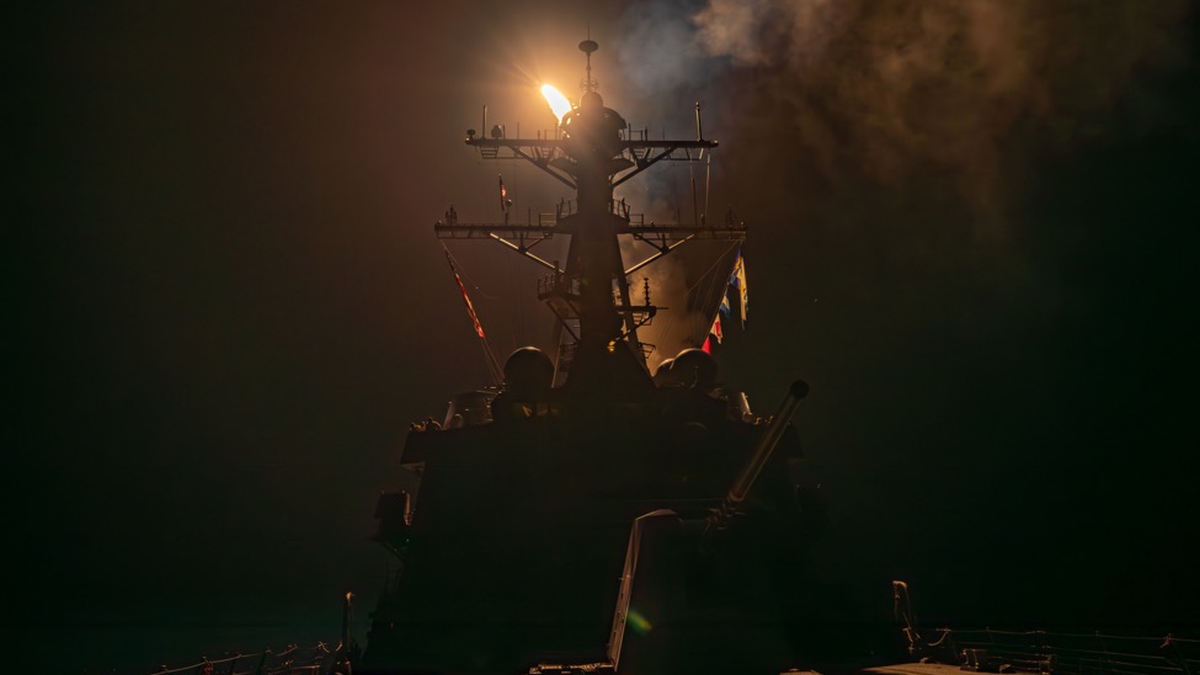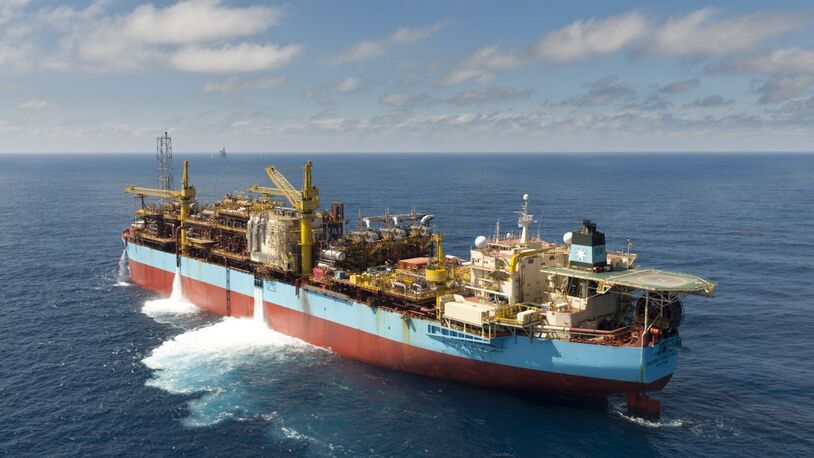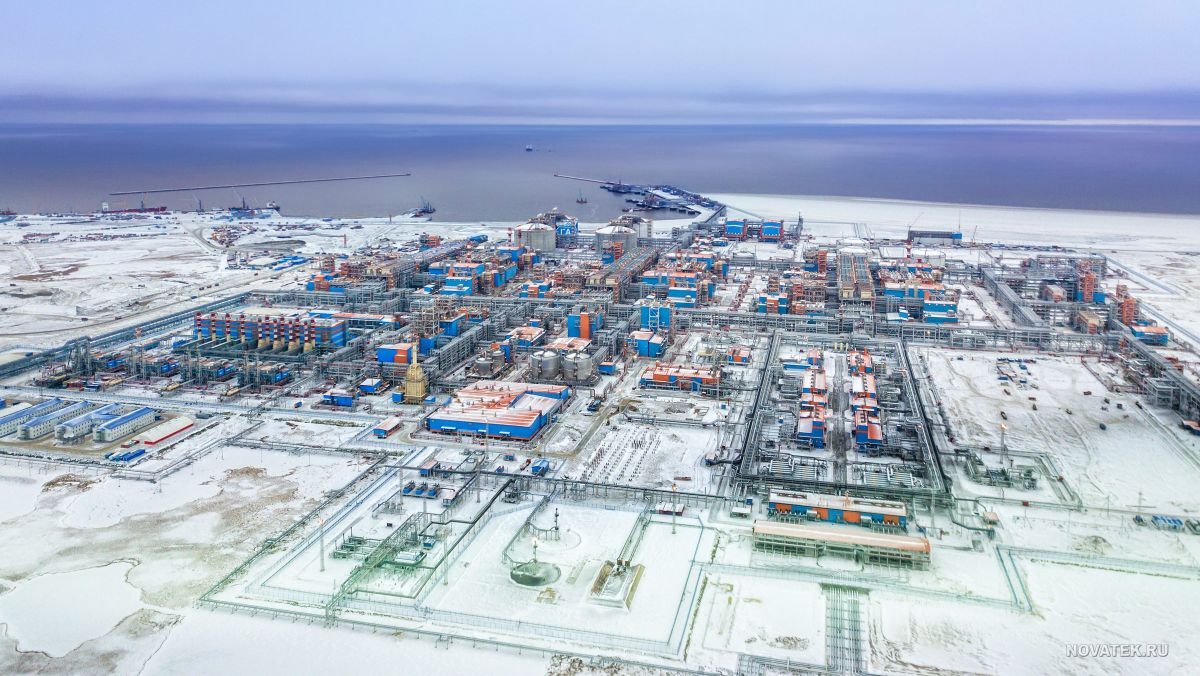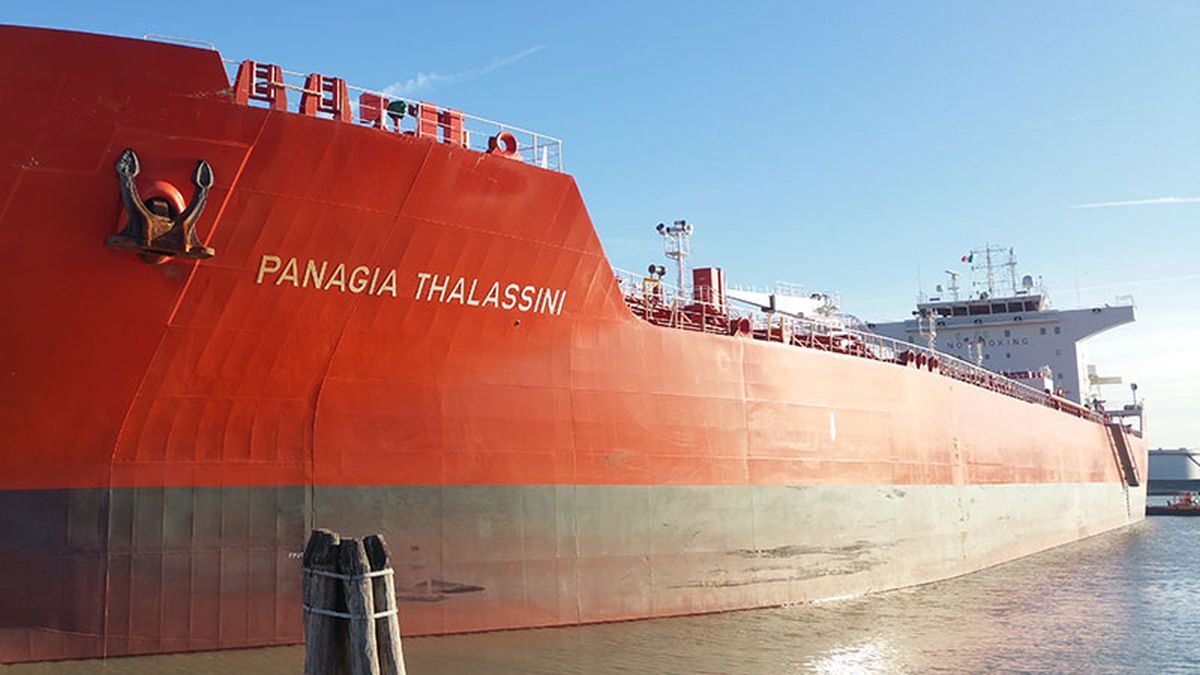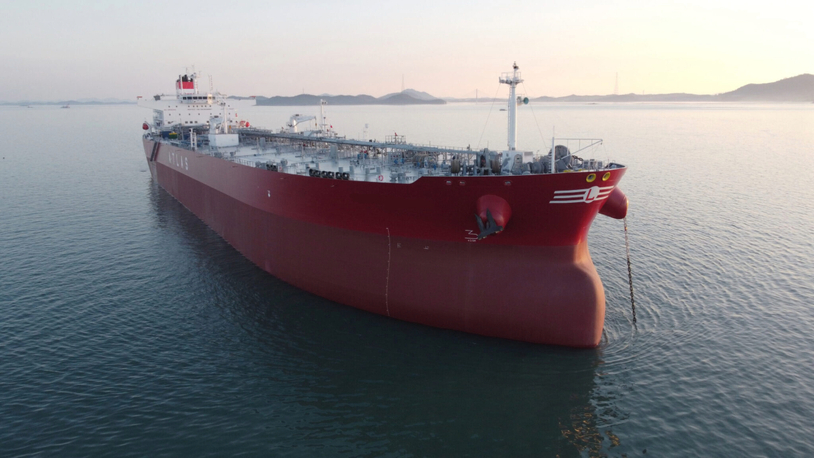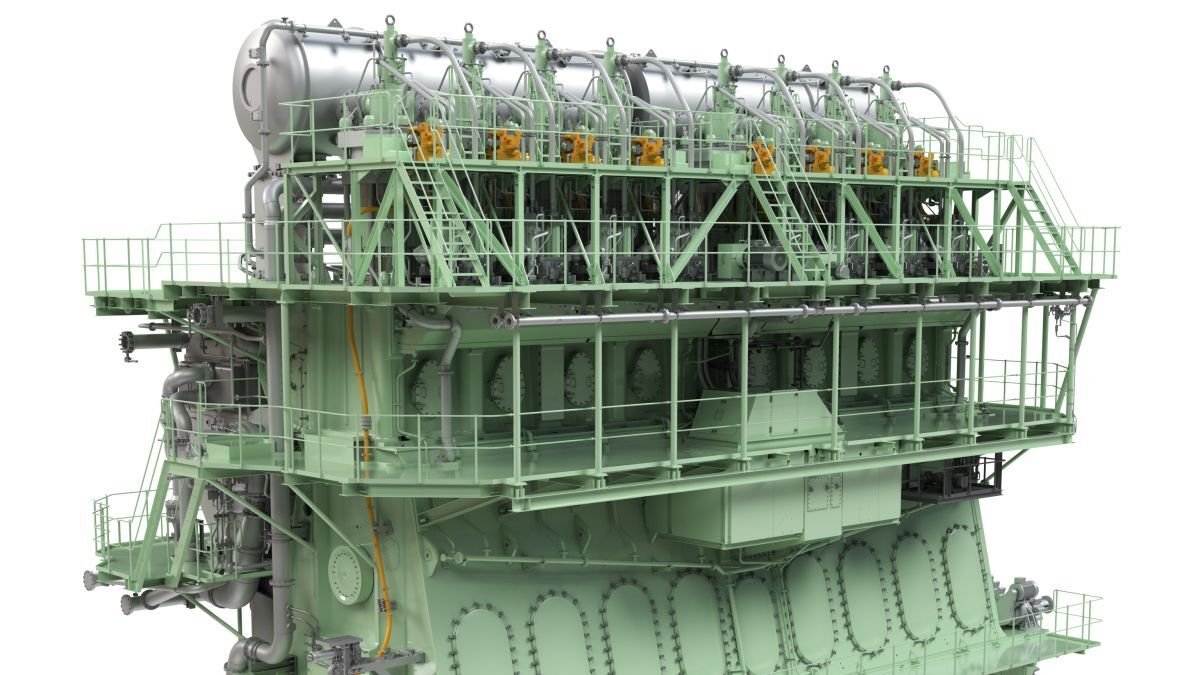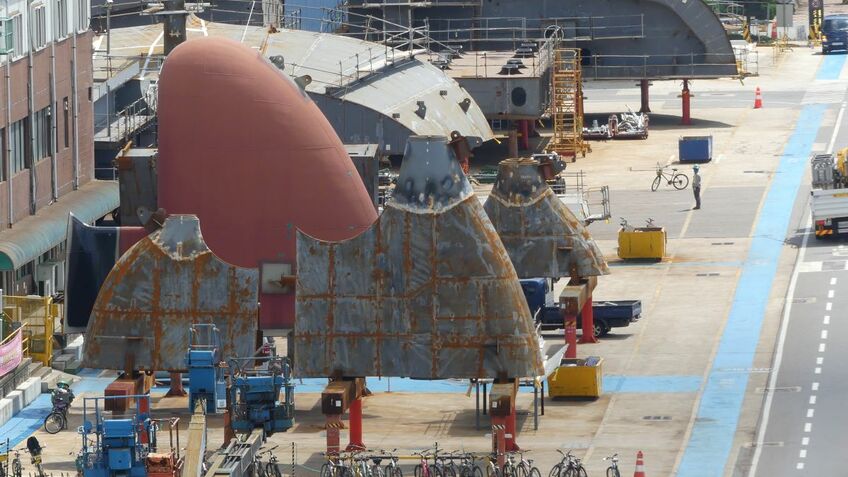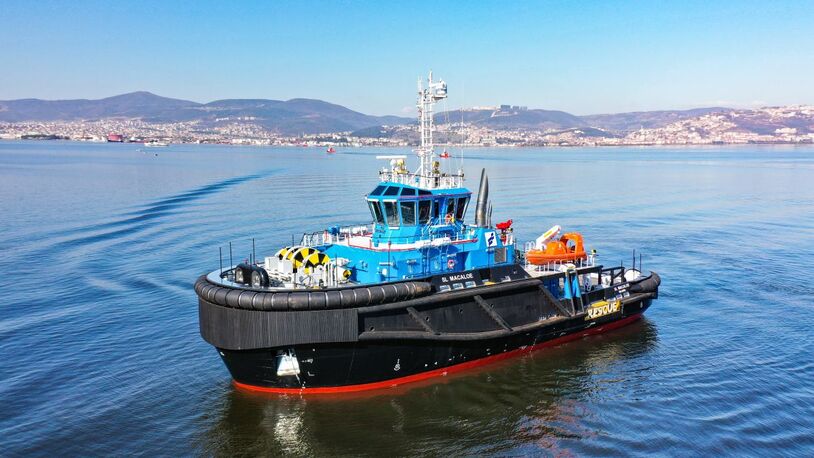Business Sectors
Contents
US and UK bomb Houthi military facilities in Yemen
The US Central Command (CENTCOM) said the strikes on Houthi targets were intended to "degrade their capability to continue their illegal and reckless attacks" on military and commercial shipping in the Red Sea
UK Prime Minister Rishi Sunak used similar language in a statement, saying the air strikes were "limited, necessary and proportionate action in self-defence, alongside the United States with non-operational support from the Netherlands, Canada and Bahrain".
US President Joe Biden said the strikes were at his direction and were successful in taking out targets described by US CENTCOM as "multinational action [that] targeted radar systems, air defence systems, and storage and launch sites for one-way attack unmanned aerial systems, cruise missiles and ballistic missiles" in Yemen.
"These strikes are in direct response to the unprecedented Houthi attacks against international maritime vessels in the Red Sea – including the use of anti-ship ballistic missiles for the first time in history. These attacks have endangered US personnel, civilian mariners and our partners, jeopardised trade, and threatened freedom of navigation. More than 50 nations have been affected in 27 attacks on international commercial shipping. Crews from more than 20 countries have been threatened or taken hostage in acts of piracy. More than 2,000 ships have been forced to divert thousands of miles to avoid the Red Sea – which can cause weeks of delays in product shipping times. And on 9 January, Houthis launched their largest attack to date – directly targeting American ships," the US president said.
US CENTCOM and United Kingdom Maritime Trade Operations (UKMTO) division of the Royal Navy both reported the 9 January barrage of airborne attacks in the southern Red Sea that came from Houthi-controlled territories in Yemen. US CENTCOM’s report counted 18 one-way attack UAVs, two anti-ship cruise missiles and one anti-ship ballistic missile shot down by fighter planes launched from US and UK warships heading up the international naval coalition force Operation Prosperity Guardian.
In response to the US and UK-led air strikes on Yemeni targets, one of the Houthi rebel group’s spokespeople, Mohammed Abdulsalam, posted on X (formerly Twitter) that the group will continue targeting ships heading towards Israel. Another spokesperson, Yahya Sare’e held a video briefing saying (via translation) that the Houthi Armed Forces "will not hesitate to target the origin of any threat and all enemy targets on land and on the sea to defend the Yemen’s sovereignty and independence".
- As Red Sea attacks continue, Maersk to divert ships ’for the foreseeable future’
- Red Sea attacks: US forms 10-country naval coalition dubbed ’Operation Prosperity Guardian’
- Houthis hit Norwegian tanker in Red Sea after threatening all ships heading to Israel
On 3 January 2024, 14 countries, including the US, issued a joint statement saying the Houthis would "bear the consequence" if they continued to attack merchant shipping in the Red Sea region.
The message followed the 24th attack on vessels in which US military helicopters sank three of four small boat attack craft that fired on a Maersk container ship as well as the US helicopters.
US President Biden said the US is willing to take "further measures" if the attacks continue, and US Secretary of Defense Lloyd J Austin III said "the Houthis will bear further costs if they do not end their illegal attacks".
In addition to saying the air strikes on Houthi targets were in self-defence, both the US and the UK stressed the legality of their actions under international law. The UK published a policy paper on the legality of its "military action to target Houthi facilities in Yemen". The paper cited the 9 January Houthi attacks on UK military vessels "involving multiple drones" and the government’s assessment that the attacks would continue "unless action is taken to deter them".
"Military intervention to strike carefully identified targets to effectively downgrade the Houthi’s capabilities and deter further attacks was lawfully taken. It was necessary and proportionate to respond to attacks by the Houthis and this was the only feasible means available to deal with such attacks. The UK is permitted under international law to use force in such circumstances where acting in self-defence is the only feasible means to deal with an actual or imminent armed attack and where the force used is necessary and proportionate," the UK policy paper said.
The US Secretary of Defense said "a coalition of countries committed to upholding the rules-based international order demonstrated our shared commitment to defending US and international vessels and commercial vessels exercising navigational rights and freedoms from illegal and unjustifiable attacks".
A joint statement from 10 governments that have pledged support for the international naval coalition Operation Prosperity Guardian said the air strikes aimed "to de-escalate tensions and restore stability in the Red Sea".
Turkish President Recep Tayyip Erdoğan called the US and UK air strikes disproportionate, according to Reuters.
As attacks on shipping have turned to military exchanges and Western warships have been repositioned to the Red Sea area from the Gulf of Oman, Iran, which supports the Yemen-based Houthi militias with weapons and training, has taken the opportunity to board and seize an oil tanker, St Nikolas, formerly Suez Rajan, that the US had seized last year as part of sanctions enforcement against Iran.
The UKMTO reported the incident, saying a vessel had been boarded off Oman by "unauthorised boarders [who] are reported to be wearing military-style black uniforms with black masks". The vessel quickly changed course and headed toward Iranian waters, shutting off communications channels. Iran later confirmed in Iranian state media it was responsible for the seizure and the vessel was taken in retaliation for the US selling the oil the vessel contained.
The company that manages the tanker, Empire Navigation, said it was loaded with 145,000 tonnes of crude oil and was carrying 18 Filipinos and one Greek citizen as crew. US State Department spokesman Vedant Patel said, "We believe this kind of action will simply add uncertainty for commercial shipping and for regional and global economies".
An Indian think tank, Global Trade Research Initiative (GTRI) has forecast increases in shipping costs of up to 60% and insurance premiums rising by 20% in response to the attacks in the region and decisions by cargo carriers to reroute shipments around Africa’s Cape of Good Hope.
Sign up for Riviera’s series of technical and operational webinars and conferences:
- Register to attend by visiting our events page.
- Watch recordings from all of our webinars in the webinar library.
Related to this Story
Events
Maritime Decarbonisation, Europe: Conference, Awards & Exhibition 2025
Offshore Support Journal Conference, Americas 2025
LNG Shipping & Terminals Conference 2025
© 2024 Riviera Maritime Media Ltd.


